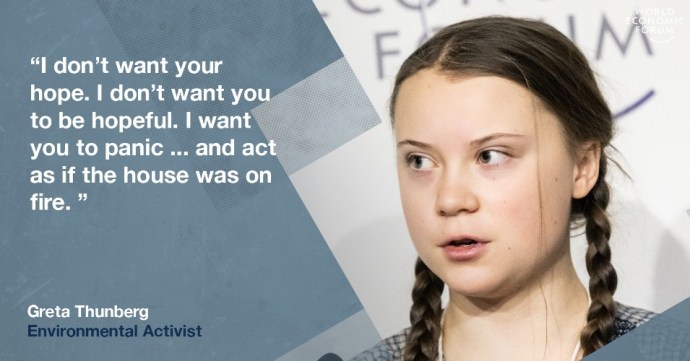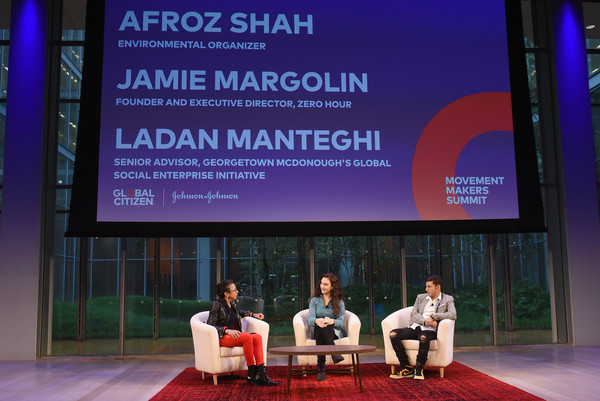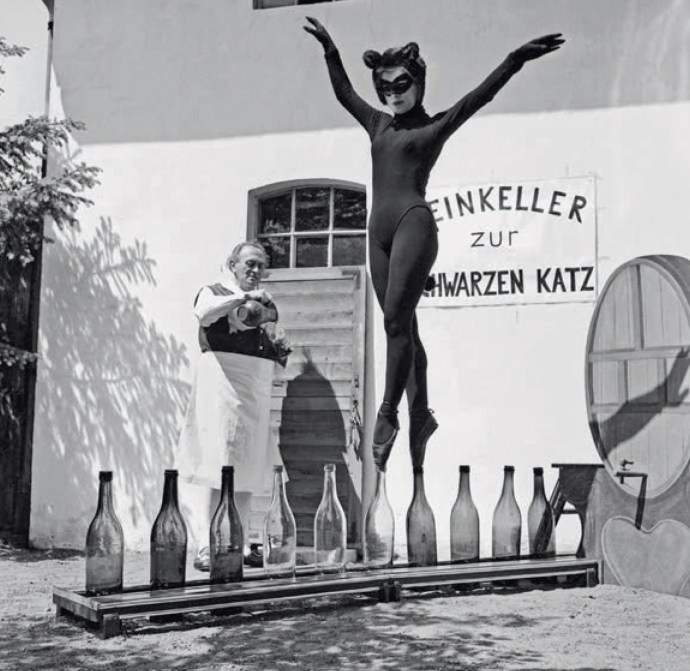Amnesty Turns Truth on its Head in Nicaragua
February 26, 2019
By Louise Richards
OUR report, dismissing_truth, lays bare the biased and flawed nature of Amnesty International’s reporting on Nicaragua.
As the Nicaragua Solidarity Campaign’s report states, Amnesty International has a history of producing controversial and unbalanced reports on Nicaragua which began soon after the Sandinista revolution defeated the Somoza dictatorship in 1979.
The organisation’s bias has continued for decades, to such an extent that Amnesty should now give up all pretence to be an impartial source of information about human rights in Nicaragua and indeed in the region as a whole.
A cursory glance at the Twitter feed of Amnesty’s director for the Americas, Erika Guevara-Rosas, shows that — during the crisis which engulfed Nicaragua last year — she openly sided with the opposition, regularly tagging the virulent opposition group #SOSNicaragua and retweeting reports from Fox News.
As early as 2016, prior to the Nicaraguan presidential elections, Guevara-Rosas wrote a piece telling her readers about four things they should know.
One was a direct attack on the government’s record on maternal mortality — this at a time when the Pan American Health Organisation stated that maternal mortality had been cut by more than half since the Sandinistas returned to power in 2007.
In 2017, the Nicaragua Solidarity Campaign Action Group (NSCAG) wrote a detailed response to another Amnesty report — Nicaragua: Danger: Rights for Sale.
The report was largely, if not exclusively, based on testimony from a minority group of activists opposed to Nicaragua’s proposed interoceanic canal and linked with the local right-wing opposition.
As with Amnesty’s later reports, it presented a completely inaccurate and unrecognisable picture of Nicaragua.
We commented at the time that Amnesty had again fallen victim to the agenda of Nicaragua’s marginal right wing and its campaign to destabilise the Nicaraguan government.
In September last year, in yet another attempt to demonise Nicaragua, Amnesty launched an “urgent action” campaign denouncing the “wave of detentions of students and activists in Nicaragua,” and calling for the release of those it dubbed “political prisoners.”
In doing so, Amnesty completely ignored the fact that those detained were not victims but perpetrators of violent crimes, including kidnapping, torture and murder.
Amnesty has relied heavily for much of its reporting on local newspapers, social media and so called “independent” Nicaraguan human rights organisations such as the Nicaraguan Centre for Human Rights (Centro Nicaraguense de Derechos Humanos/CENIDH).
In a detailed analysis of CENIDH’s biased and misleading reports, local investigator Enrique Hendrix accused CENIDH of having a “specific objective of stoking people’s emotions so as to create discord and delegitimise the government.”
In all of its reporting, attributing all human rights violations to the government, CENIDH consistently ignored the violence perpetrated by the opposition.
This included such horrific crimes as kidnapping, torture and murder of municipal workers and teachers, targeting Sandinistas in their homes and burning of their property, killing police officers and setting their bodies alight in the street.
None of these cases have been documented, let alone investigated, by CENIDH, or indeed by Amnesty International.
Camilo Mejia, a Nicaraguan now resident in the United States, is a former Amnesty “prisoner of conscience” for his stance as in refusing — as a US soldier — to return to duty in the Iraq war after his initial bitter experience of the US war.
In a foreword to our report, Mejia points out that Amnesty is helping to destabilise not just Nicaragua but also Venezuela.
It has said that “the authorities under Nicolas Maduro are trying to use fear and punishment to impose a repulsive strategy of social control against those who demand change.
“His government is attacking the most impoverished people that it claims to defend, but instead it murders, detains and threatens them.”
The United States now has its eyes firmly fixed on regime change first in Venezuela, then in Cuba and Nicaragua.
Only last week, US National Security Adviser John Bolton stated that “Ortega’s days are numbered” and Secretary of State Mike Pompeo has promised that the US intends to “help the people of Nicaragua to resist the non-democratic regimes in their countries.”
What happened in Nicaragua last year was without doubt a US-inspired attempted coup, something which Amnesty also denies.
Although the attempt failed, it is clear that pressure from the US and the right-wing opposition for regime change will continue.
It is to be hoped that President Daniel Ortega’s renewed call for dialogue will succeed. For the vast majority of Nicaraguans, the desire is for life to return to normal and for peace and stability to be restored.
At a time when Amnesty International should be supporting such moves, it is instead fuelling the flames of conflict and providing succour to those who support US intervention and the overthrow of democratically elected governments.
In doing so, an organisation which claims to stand up for human rights is in fact trampling on the human rights and dignity of millions of people who only want to live in peace. It is surely time for Amnesty to put its own house in order.
[Louise Richards is with the Nicaragua Solidarity Campaign Action Group.]
























































































































































































































































































































